Wine used to be an industry in which changes were subtle and not earth shaking, but that’s no longer always the case and it’s important to be forward thinking, Stoller Wine Group President Gary Mortensen said.
Trying to keep with the times and evolving audiences is among the reasons the Dayton, Oregon company that grows its grapes in the Dundee Hills has strategically positioned a suite of brands and products based on various price points and styles, Mortensen told Vintner Magazine. The company’s portfolio includes two boutique wine brands (Stoller Family Estate and Chehalem Winery), a value wine brand (Chemistry) and an alternative packaged wine brand (Canned Oregon) that is relatively new to the lineup.
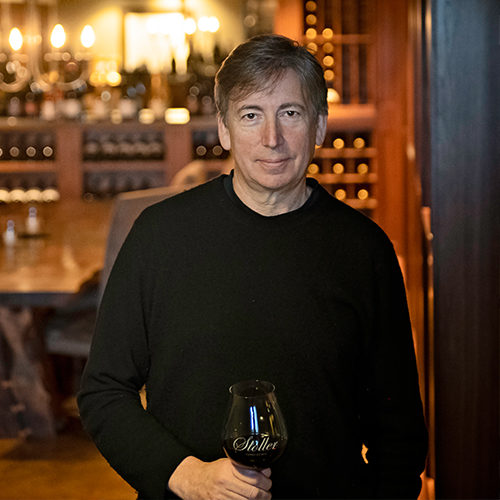
“We like to operate the Stoller Wine Group very much like a technology company where a culture of innovation is foundational,” Mortensen explained. “This culture allows us to be as agile as possible so that when external drivers threaten to impact our business, we are able to foresee and overcome those obstacles as proactively as possible.”
Canned wines like Stoller’s Canned Oregon brand are catching fire because the next generation of wine drinkers care about portability as much as they do about quality and value, Mortensen said.
The wines contained in the cans are unique and aren’t offered in other packages, but are a natural selection meant to reflect the varietals for which Oregon is known, so Pinot Noir and Pinot Gris are grapes the brand features.
Despite the popularity of the cans and the brand’s successful launch, Stoller’s latest venture has not been immune from obstacles wrought by supply chain issues and unfavorable weather.
“We have been thrilled with our initial success and as we scale, there comes new challenges especially when combined with the severe universal supply chain issues around aluminum can shortages and some of the weather-related impact to fruit supply,” Mortensen said.
“Yes, we would do Canned Oregon over again (with the obvious benefit of hindsight) but we would take several intermediary steps that would have helped to eliminate the kind of heartburn that comes with every new product launch. In our opinion, it’s important to be forward-looking in how we approach our products to keep in step with changing customer requirements.”
Challenges aside, launching the new product went smoothly and there was no need for Stoller to buy expensive equipment to get rolling, clearing the way for it to take the plunge and roll out a new brand.
“The great thing about getting involved in a new package like cans is that there are already a lot of partners out there who have the expertise to assist us thereby eliminating our need for up-front capital investment,” Mortensen said. “Adoption of screw caps was quite controversial not long ago. However as we watch the newer generations subscribing less to this dogma, we are seeing adoption of alternate packages, wine style and priorities around sustainability, so it’s important to understand that things are going to continue to be more dynamic than in the past.”
Mortensen said he expects there to be some overlap with customers who enjoy the company’s two boutique brands, but firmly expects Canned Oregon to stand on its own with its own fan base.
“We view our target consumer is someone who cares as much as portability as they do quality and value,” Mortensen said. “Initially, we thought this might be millennials, but what we’re finding is that established fine wine drinkers who lead active and social lives like our product too.”

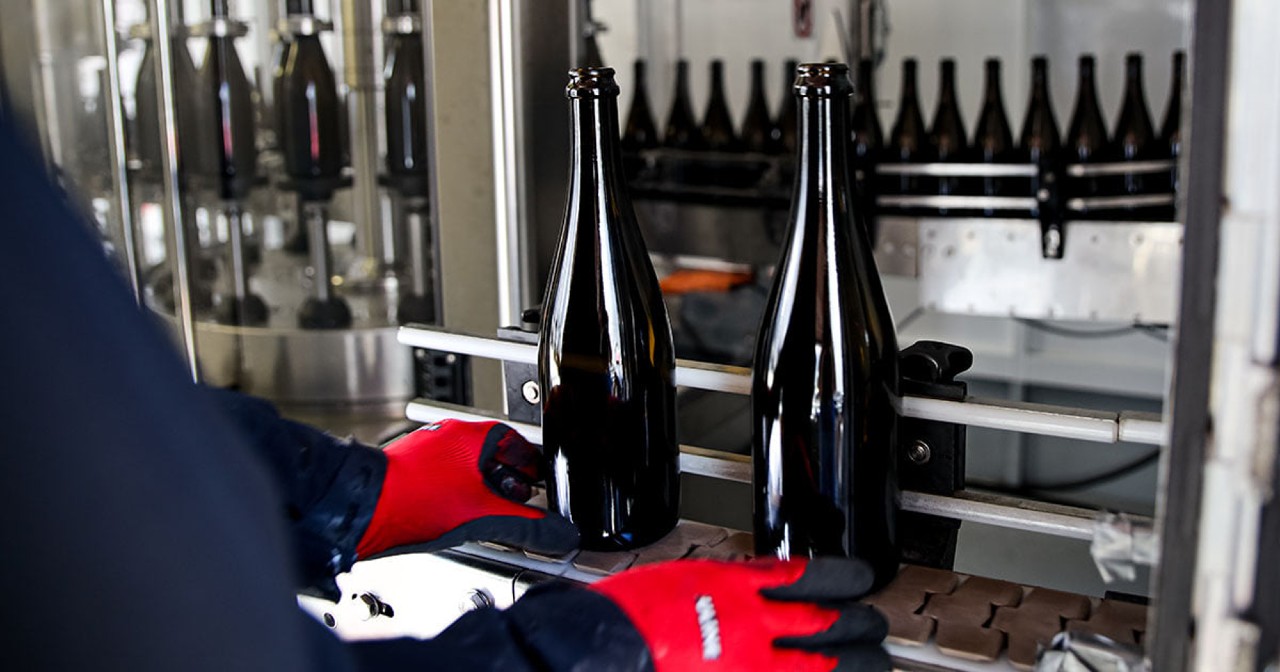
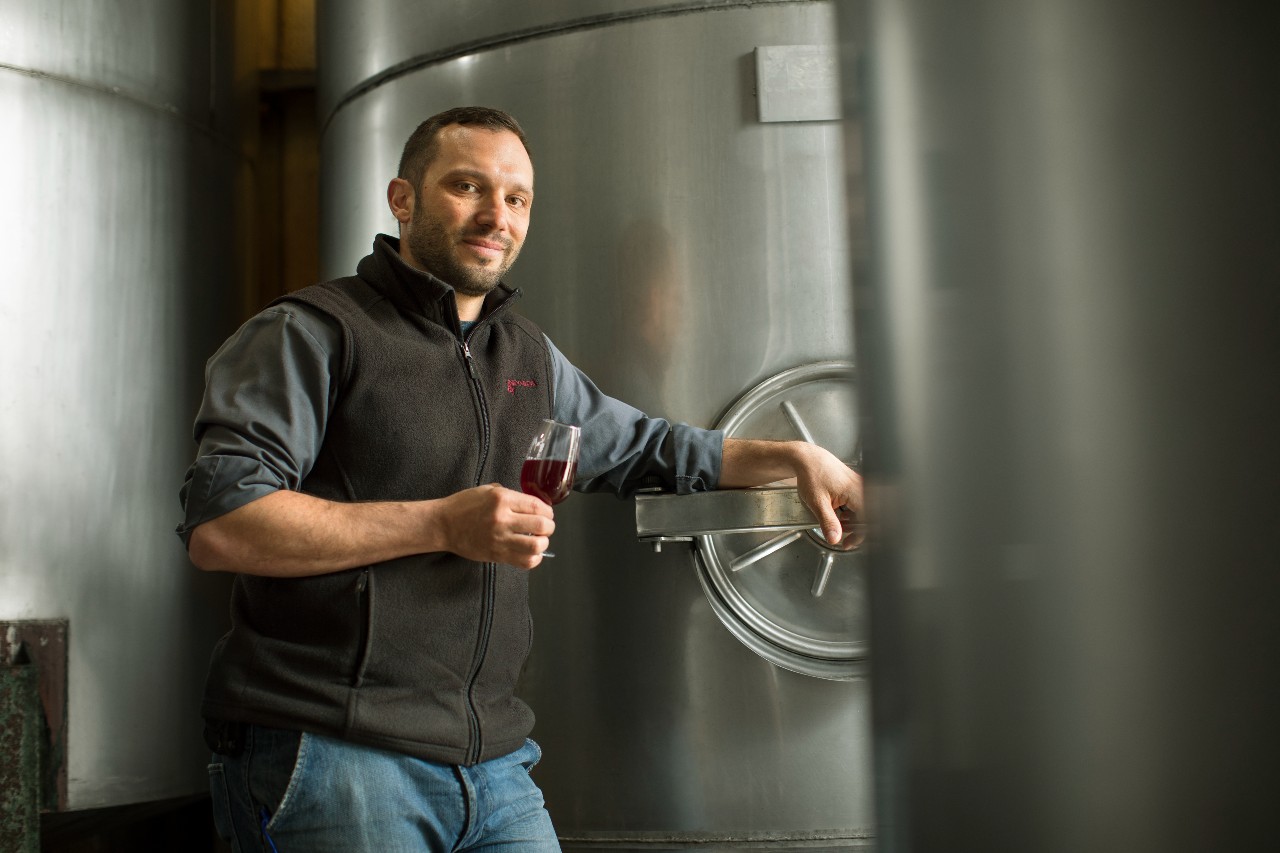

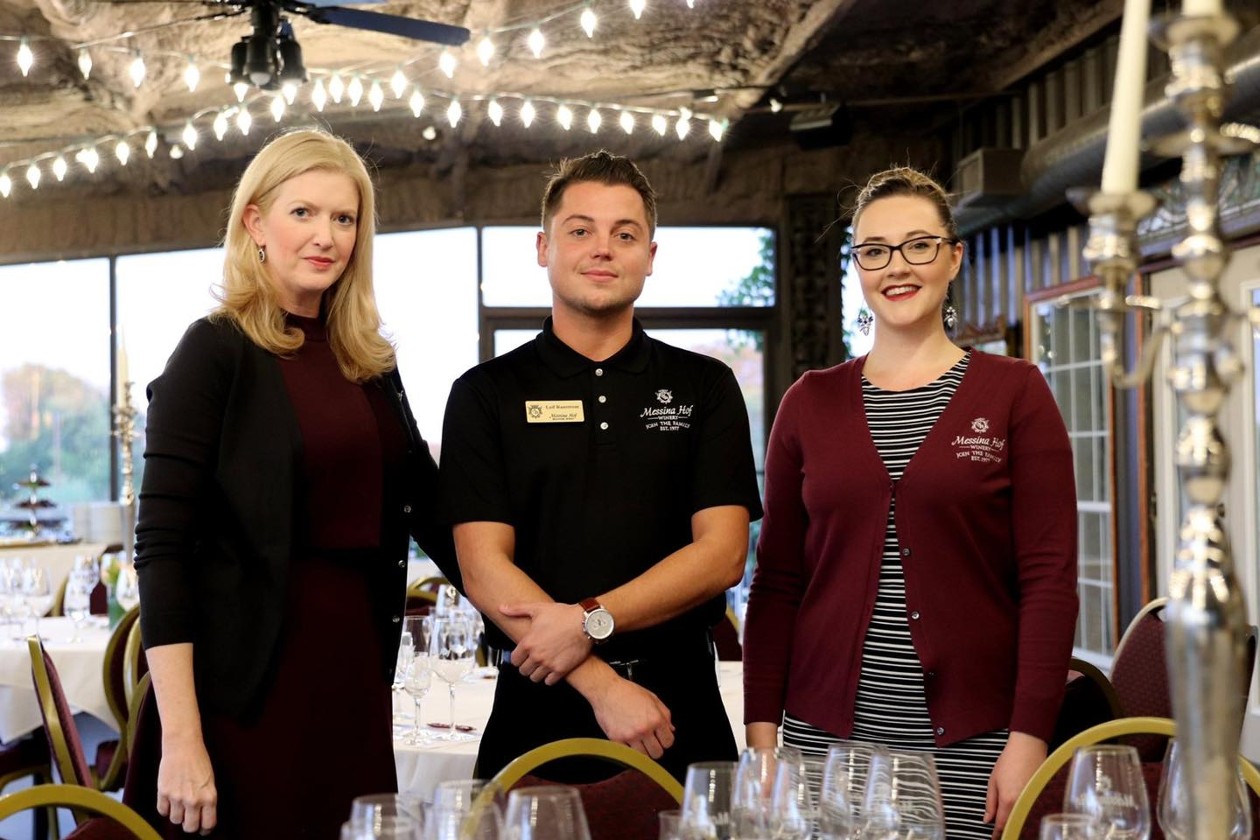
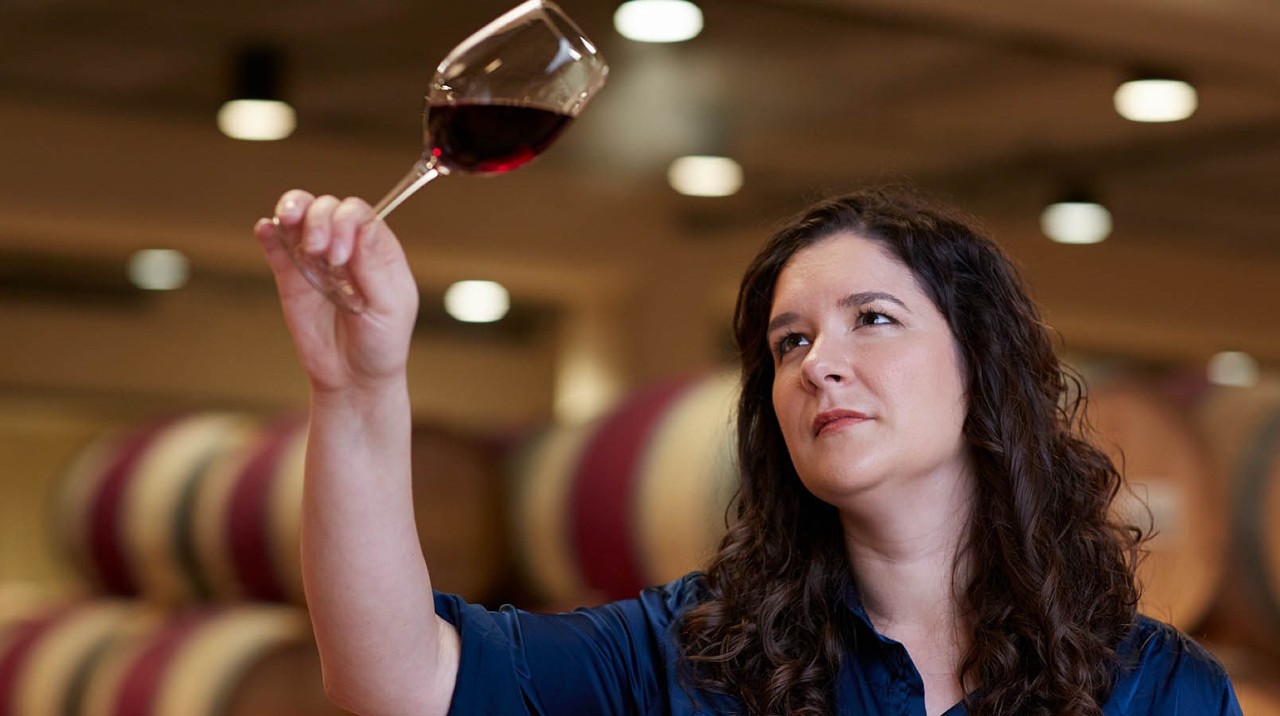


Be the first to comment